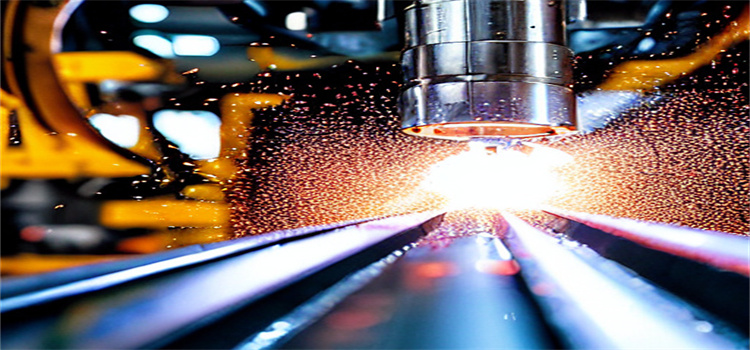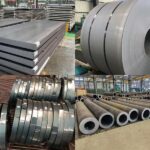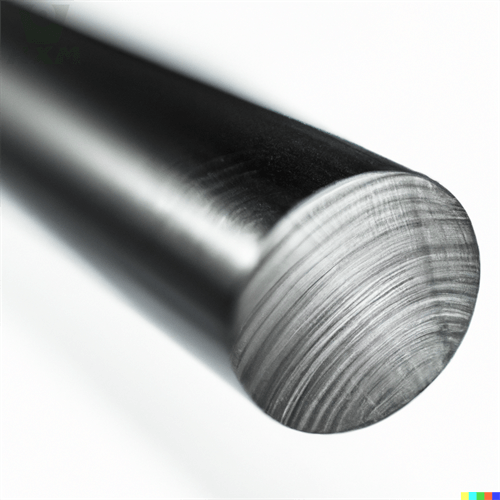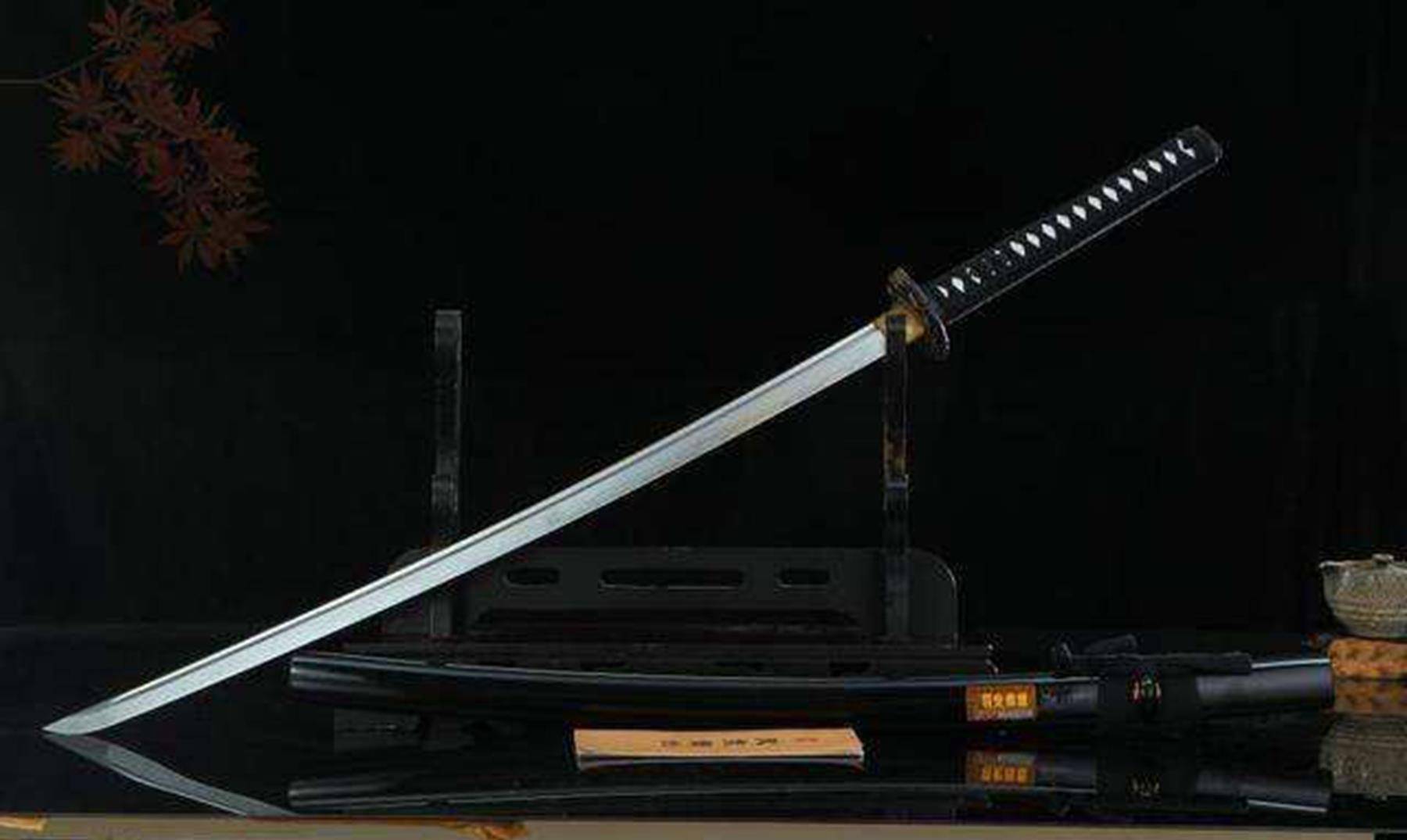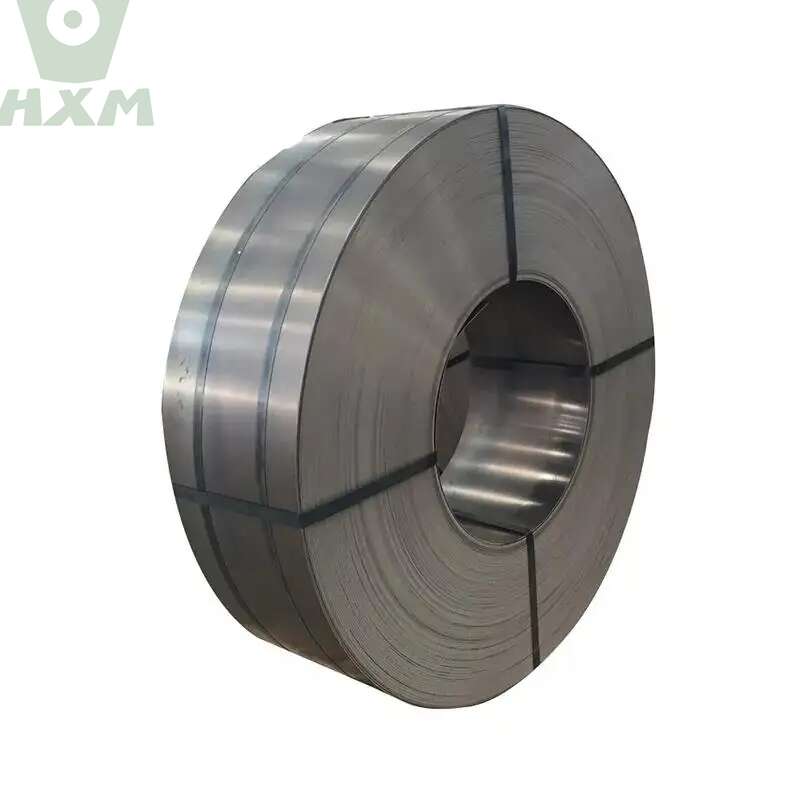Does carbon steel rust? Yes, it does! Under certain circumstances, carbon steel is prone to corrosion and rust. Carbon steel refers to an iron-carbon alloy with a carbon content of 0.0218%~2.11%, also called carbon steel. The higher the carbon content of carbon steel, the better its hardness and wear resistance, but its toughness and corrosion resistance will also decrease.
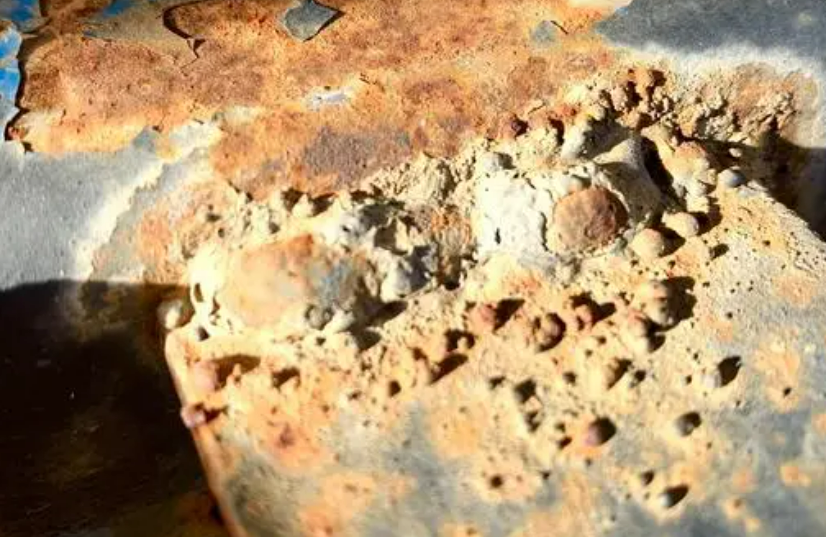
Reasons Why Carbon Steel Rust
First, let’s delve into the composition and characteristics of carbon steel. Carbon steel is mainly composed of iron and carbon elements, with iron being the main metal component of carbon steel. Iron is a relatively reactive metal that is prone to undergo oxidation reactions under certain environmental conditions, leading to rusting. Although carbon plays a certain strengthening role in carbon steel, it does not significantly contribute to improving the corrosion resistance of carbon steel.
Next, let’s analyze the rusting of carbon steel from the perspective of environmental factors. Environmental factors are one of the important conditions that affect the corrosion rate of metals. For example, in a humid environment, water molecules and oxygen in the air react with iron atoms on the surface of carbon steel, forming iron oxides, which are iron rusts. Additionally, environmental factors such as salt, pollutants, acid rain, etc. can also accelerate the corrosion and rusting process of carbon steel.
Now let’s consider the microstructure of carbon steel. During casting or rolling processes, carbon steel inevitably forms some fine pores and defects. These pores and defects provide channels for corrosive media to enter the interior of carbon steel, making it easier for corrosive media to penetrate into the interior and accelerate the corrosion process of carbon steel.
To fully understand the rusting problem of carbon steel, we also need to focus on the application of anti-corrosion technologies and measures. Currently, there are various methods for preventing rust on carbon steel, such as painting, coating, heat treatment, etc. These anti-rust measures effectively improve the corrosion resistance of carbon steel by forming a protective film on the surface or changing its internal structure. In practical applications, selecting appropriate anti-rust measures is of great significance for extending the service life of carbon steel products.
Conclusion
In summary, carbon steel does rust. To slow down or avoid this phenomenon, we should take a series of anti-rust measures, such as selecting appropriate anti-rust materials, surface treatment, maintaining a dry environment, etc. Only in this way can we ensure that carbon steel products maintain their good performance and appearance during long-term use.
Thank you for reading our article and we hope it can help you to have a better understanding of why carbon steel rust. If you want to find more information about carbon steel, we’d advise you to visit Huaxia Steel. As a leading supplier of carbon steel across the world, Huaxia Steel provides customers with a wide range of high-quality products such as alloy steel, tool steel, carbon steel, and carbon steel pipes for global markets at a very competitive price.

